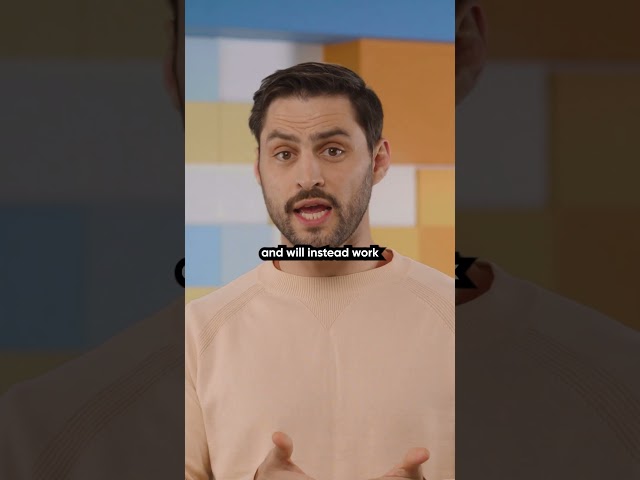In the modern world, technology plays a crucial role in our daily lives. Whether it’s for work, communication, or entertainment, digital tools are indispensable. One such tool, ChatGPT, is a conversational artificial intelligence (AI) developed to assist with a wide array of tasks through dialogue. Although beneficial, there is growing concern that frequent use might lead to emotional dependence and a disconnection from reality.
The Rise of ChatGPT and AI Companionship
ChatGPT is designed to simulate conversations much like a real human. For someone who is feeling lonely, this AI can seem like a fantastic companion. It listens without interruption and provides responses that can be both informative and comforting. However, as people spend more time with ChatGPT, they might start valuing its company more than real-life interactions. This is particularly concerning for individuals who may already feel isolated, as the more they rely on AI for social interaction, the less they might engage with actual people.
How Emotional Attachment Develops
Emotional attachment to AI like ChatGPT can gradually develop without one even realizing it. This happens because the AI can adapt its responses based on previous interactions, creating the illusion of a reciprocal relationship. Over time, as users share personal stories and emotions, they might start feeling a genuine connection to the AI. Unlike human relationships, this connection is one-sided, resulting only in satisfaction derived from perceived companionship.
The Dangers of Losing Touch with Reality
One of the critical issues linked with emotional dependence on AI is the danger of becoming detached from reality. Since ChatGPT provides answers based on a vast database, it may not always offer accurate or real-time advice pertinent to human emotions and social settings. If users begin to prioritize AI advice over human interventions, this can lead to significant misunderstandings and mismanagement of real-world relationships. There’s a risk of forming unrealistic expectations about human interactions, as no machine can genuinely replicate the depth and emotional nuances of personal connections.
Signs of Over-Reliance on AI Companions
It’s important to recognize signs that might indicate increased dependence on chatting AI. Some indicators include feeling more comfortable talking to the AI than with friends or family, neglecting real-world relationships, or experiencing distress when the technology is unavailable. Awareness of these signs can help individuals assess their interaction with AI and make conscious choices to maintain balance in their social lives.
Promoting Healthy Interaction with AI Technology
To counter the potential negative impacts of AI like ChatGPT, it’s essential to promote healthy usage habits. Here are some tips to consider:
- Set Time Limits: Limit the duration spent interacting with AI tools to encourage more real-world interactions.
- Balance with Human Interaction: While AI can be helpful, nothing replaces genuine human connections. Make sure to engage with people regularly.
- Use AI as a Tool, Not a Crutch: ChatGPT should complement your problem-solving and social activities, not be the primary source.
- Seek Help When Needed: If you or someone you know is struggling with loneliness or emotional issues, it’s vital to seek professional help.
The Future of AI and Our Social Reality
The field of AI continues to evolve, and these technologies will likely become more integrated into our lives. As we advance, it’s crucial to find ways to harmonize these tools with our need for genuine social interaction. Maintaining awareness of the line between beneficial use and dependence will help ensure these technologies enhance, rather than replace, our human experiences.
By understanding the potential for emotional dependence and losing touch with reality through using AI like ChatGPT, individuals can take proactive steps to manage their relationship with technology. While it’s thrilling to live in an age where such tools exist, it’s important to keep our feet grounded in the real world and nurture the human connections that truly sustain us.










